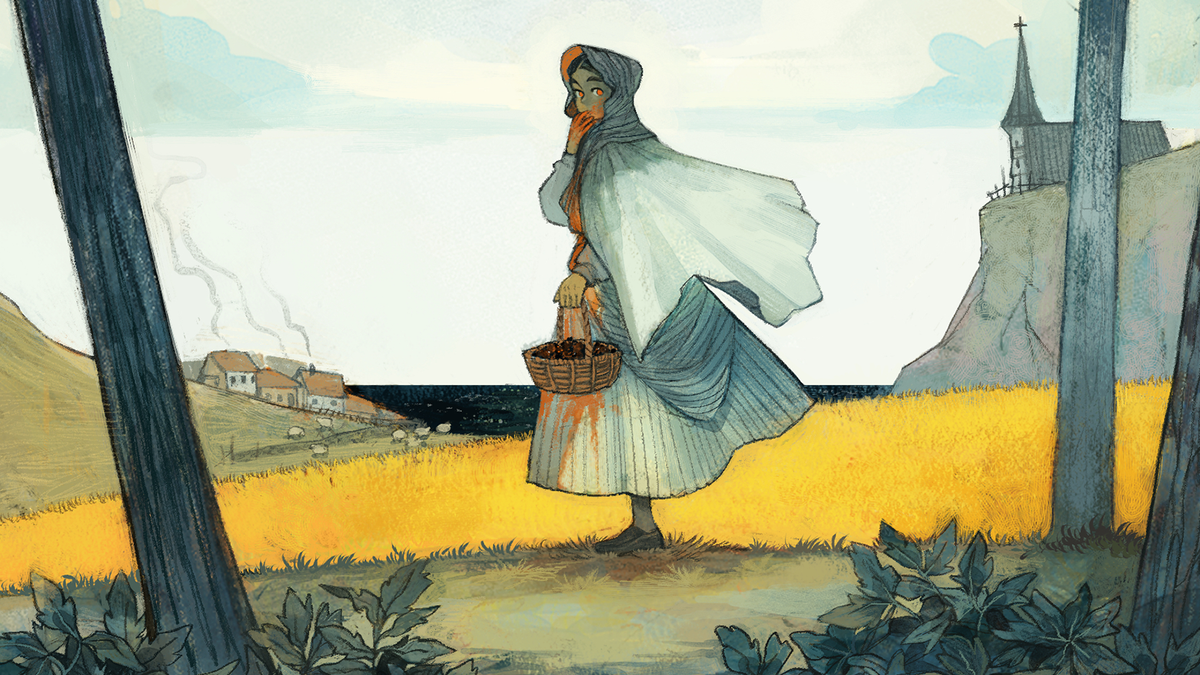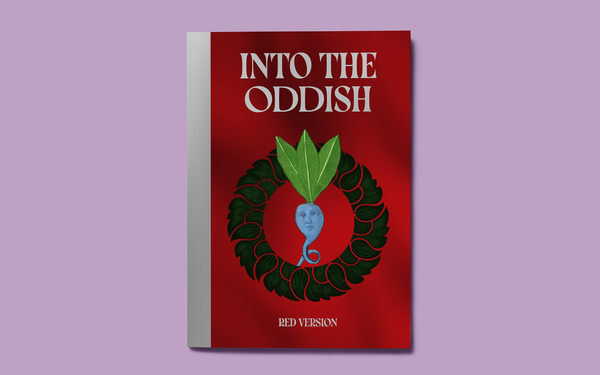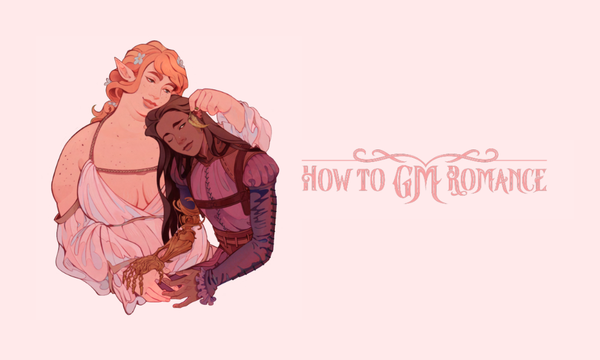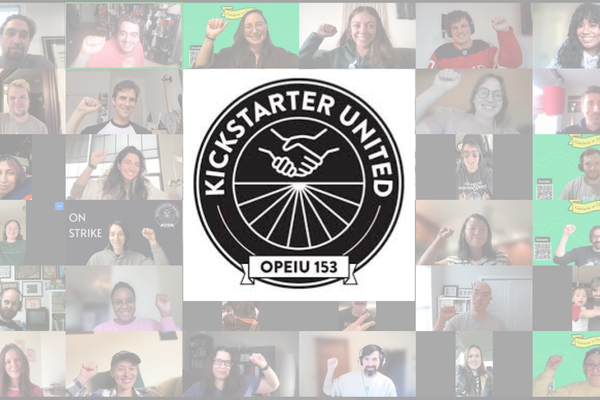I was sacrificed for the land and all I got was this essay
On Luke Jordan’s Harvest, a masterpiece of folk horror

As soon as I watched the three hour documentary Woodlands Dark and Days Bewitched: A History of Folk Horror, I knew I wanted to write about it. Despite being, like I said, three hours long, the documentary still feels breathlessly rushed. There’s just so much to cover in a survey of a genre, especially as it doesn't limit itself to just British or American films and actually tries to engage with the rest of the world.
Don’t get me wrong, the documentary is excellent. As a reviewer at Artsfuse said, it will “stimulate the mind, stir the psyche, and stroke the viscera.” But at the same time, I feel like I didn’t really understand what folk horror was until I played Harvest, the roleplaying game by Luke Jordan.
It’s easy to describe a genre based on its trappings — sci-fi is futuristic-y and space-y, etc. — and if you’re trying to capture how genres are commonly used, that’s the most accurate and honest way. But the surface level costume of a genre doesn’t give you any analytical power. What I want is a critical lens. Something that will let me really chew on the idea of folk horror. And I found it in this game: folk horror is when the land is hungry.
Let’s eat.
Harvest is a game about an island, a verdant paradise off the coast of Britain at the 18th century. The game’s narrator is a woman who has fled the island and the entire text of the game is her explanation of her origins and why she had no choice but to leave. The island’s perfect weather, bountiful orchards, and teeming coastline are all possible because of a dark bargain. The island gives these gifts in return for blood.
Every generation, a sacrifice is made, a throat is cut. The game is about that generational ritual. It’s a game to discover who the island chooses — who will die and who will wield the knife. Before she fled, our narrator tells us that her lover who “wept, thrashed and gasped” was the one whose blood was spilled. Our narrator doesn’t tell us that she held the knife, but we suspect nonetheless. This is that kind of game.
It’s easy to assume that the game, like Ursula Le Guin’s short story, The Ones Who Walk Away From Omelas, is about realizing the horror of the situation and your complicity in it, and then making a choice. It’s not. Barring one exception, all the playbooks are people who grow up within this world. The horror is something they’ve been told about since birth. Their complicity is not only assumed, it’s celebrated. You don’t spend the game wondering whether you’re a good person. You instead wonder if you are ready to kill for the island or die for it — whether it’ll be your friend, lover, or father who will hold the knife and whether they’ll smile as they do it. During my game, my character dreamt of fleeing the island, but not because of the evilness of the ritual. I just wanted to see the wonders of modernity that I knew existed on the mainland. I didn’t want to die on this perfect and perfectly boring rock.
And yet.





